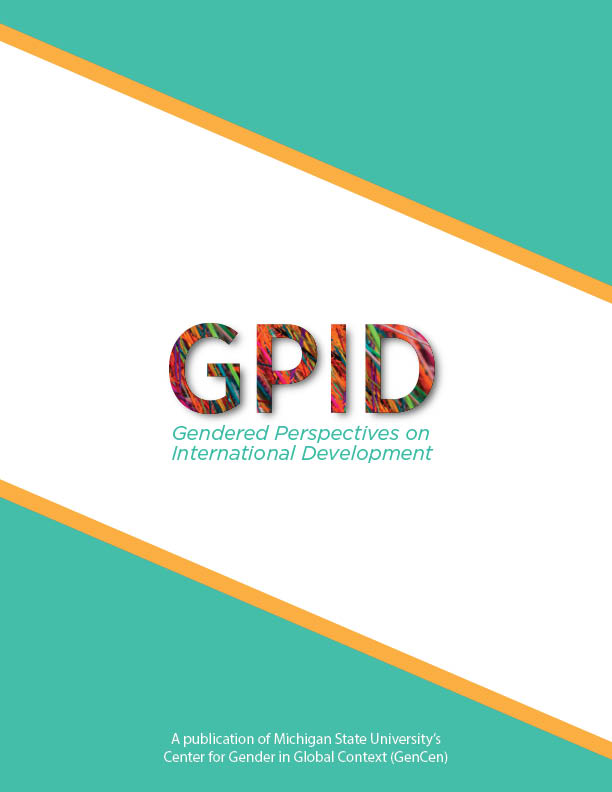The Influence of Gender in Refugee Camp Safety: A Case Study of Moria and Kara Tepe
Keywords:
refugee camps, gender-based violence, Greece, grassroots advocacy, genderAbstract
This paper focuses on the safety of women in refugee camps in the overcrowded and underfunded camp in Moria, on the island of Lesvos, Greece. The current refugee crisis in Europe has shown unprecedented numbers of forcibly displaced people, and many women and young girls are forced to flee alone or without male accompaniment. Despite their best efforts, camp managers struggle to improve female refugees’ safety in the Moria camp due to lack of adequate resources. Female refugees fear violence and sexual assault in the Moria camp and have virtually no mechanisms through which to report assault or receive assistance. Another camp on Lesvos, Kara Tepe, has a safer environment for women and young girls. A comparative analysis of the two camps alongside relevant scholarship suggests that women’s safety in refugee camps can be improved through involvement from local grassroots organizations and refugee women in decision-making processes regarding programming focused on reducing sexual and gender based violence.
Published
Issue
Section
License
Copyright (c) 2024 Allison Pail

This work is licensed under a Creative Commons Attribution-NonCommercial-NoDerivatives 4.0 International License.
Gendered Perspectives on International Developement is published under a Creative Commons Attribution-NonCommercial-NoDerivatives 4.0 International License. Authors of accepted papers will be required to sign an author publishing agreement.

